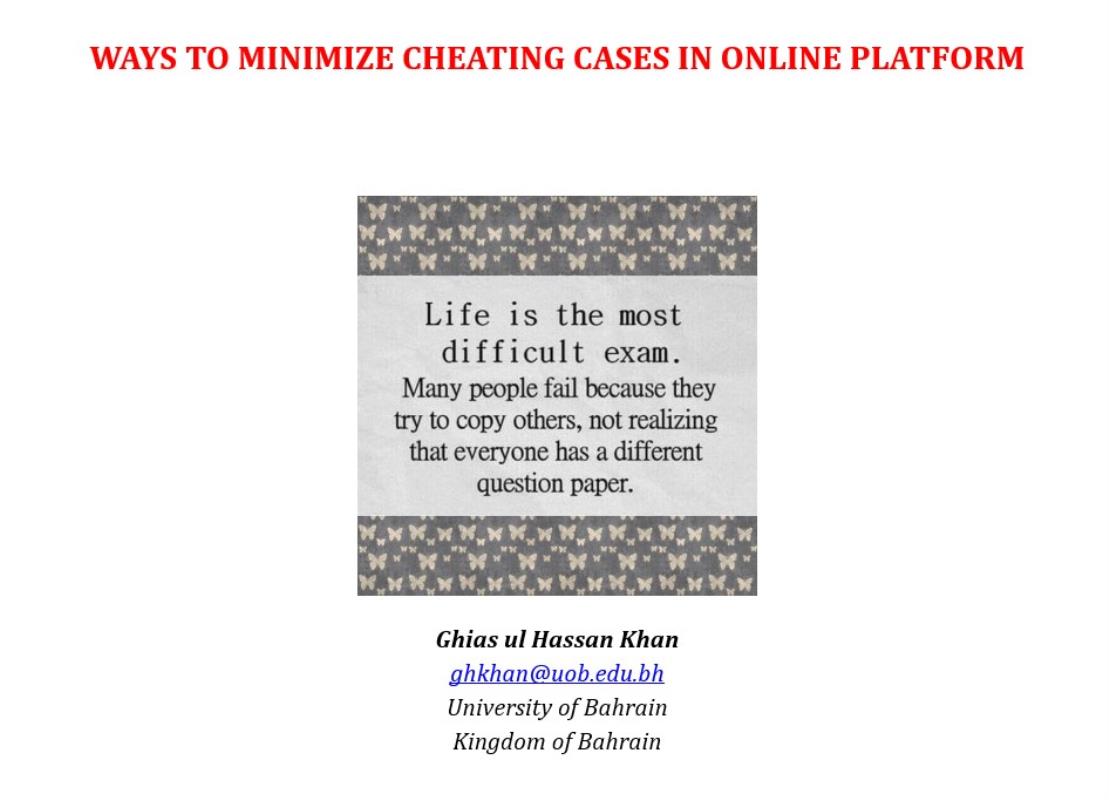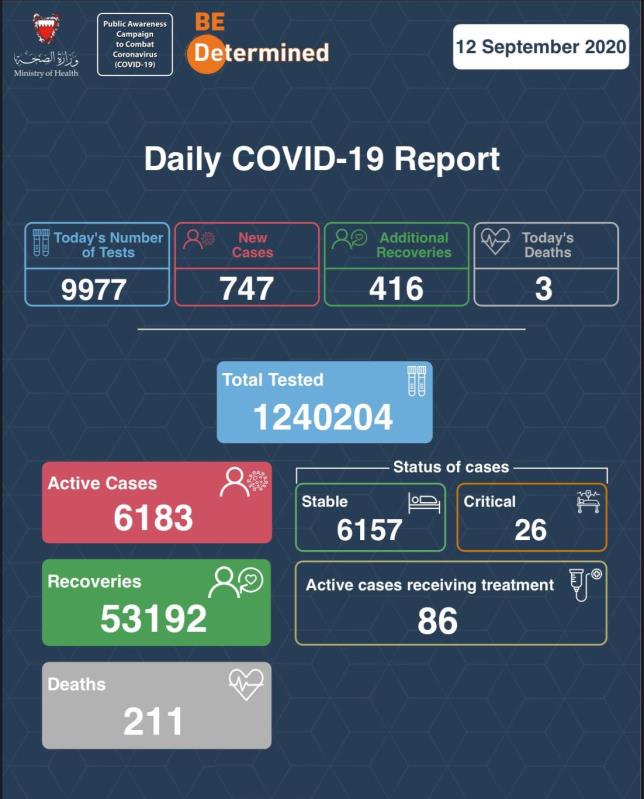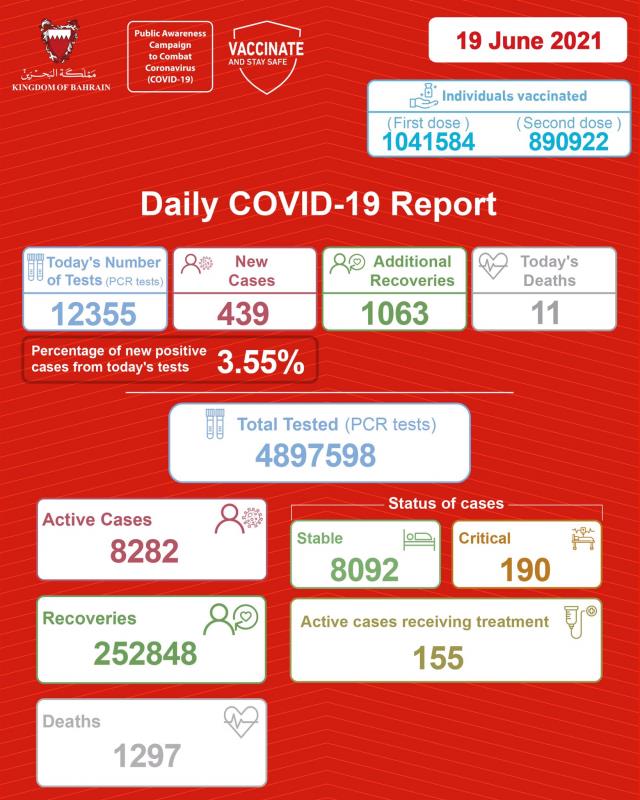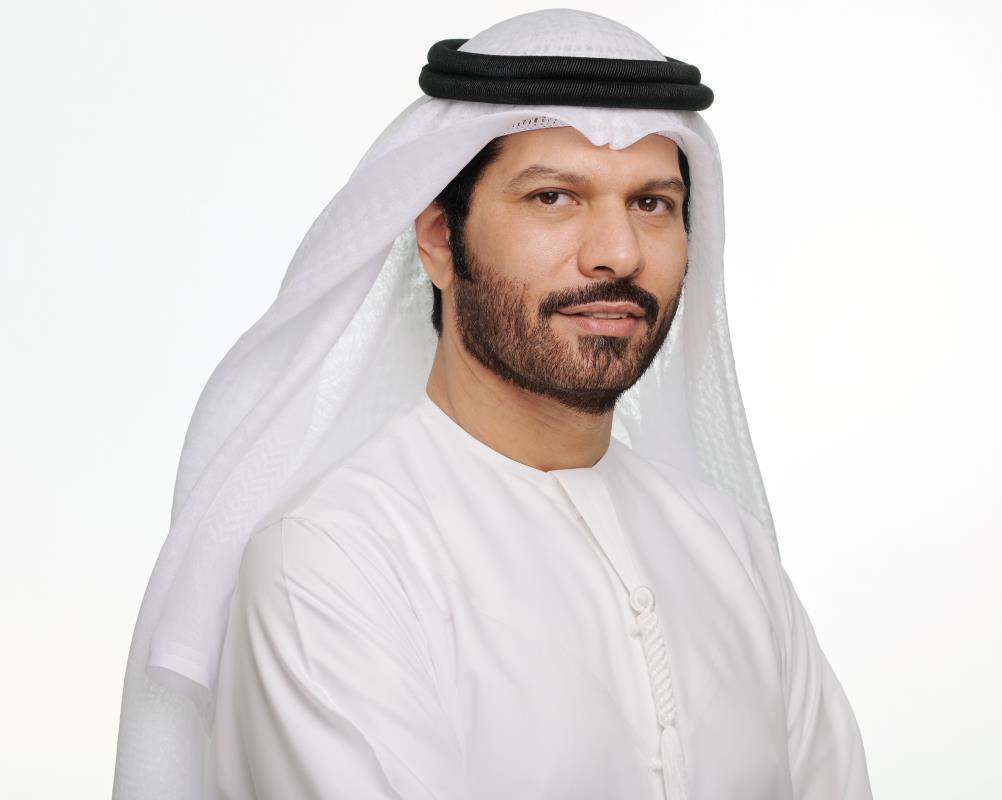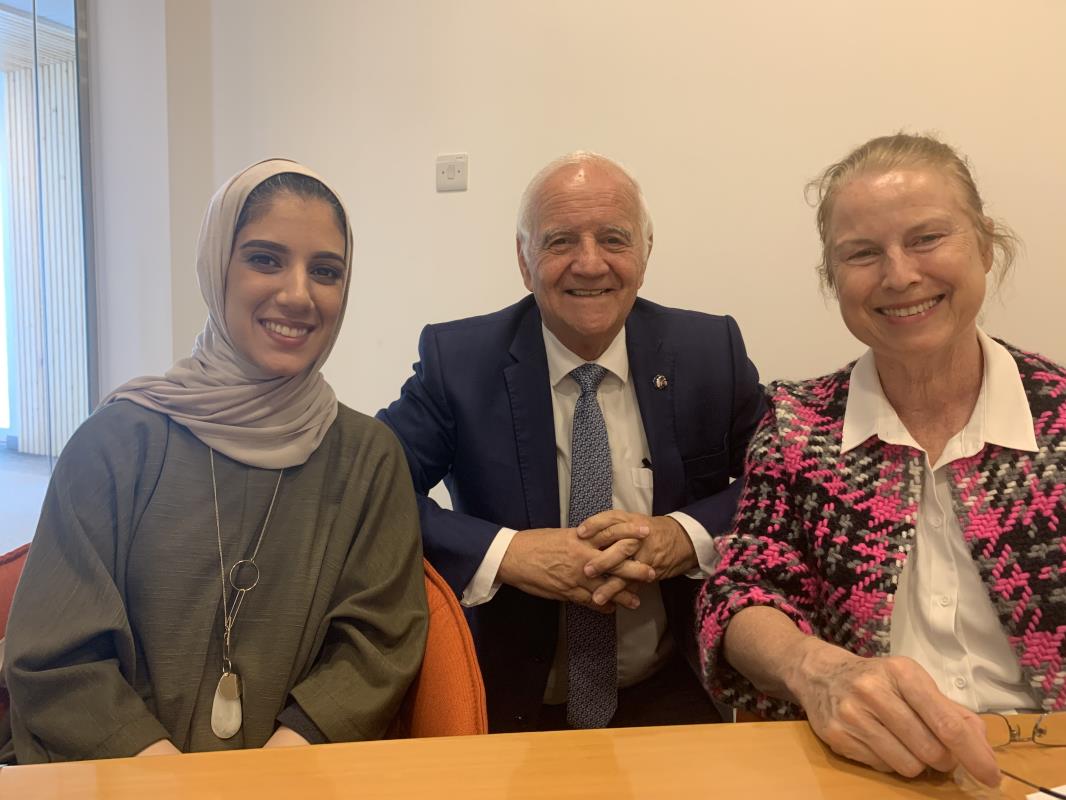
Are you tirelessly exerting yourself day after day in pursuit of business success or increased earnings, yet despite your utmost dedication, you find that your goals remain elusive? WHY
In our materialistic society, we have been trained to emphasize the tangible aspects that impact our lives and make every effort to manage them. Nonetheless, we often overlook the existence of concealed metaphysical forces that also have an influence on us and are far behind deviated from our real objective of being here in this mortal world.
A significant facet within Islamic tradition is the concept of "Barakah," which means less becomes enough and sufficient. It basically signifies the blessings and augmentation of goodness bestowed by Allah. Just as specific actions and behaviors can foster an increase in Barakah, leading to prosperity in our wealth and various aspects of our lives, it is equally crucial to recognize that there are actions and practices that have the potential to diminish or erode this divine blessing from our wealth (resources). In essence, Barakah is seen as a divine favor that results in the multiplication and enrichment of one's resources, both material and non-material, through the benevolence of Allah. However, it is believed that heedless actions or unethical behaviors can act as impediments, hindering the flow of this blessing and causing a decrease in the overall prosperity and goodness associated with one's wealth and life in general. Therefore, it is important to not only seek ways to enhance Barakah but also to be mindful of actions that may inadvertently reduce it, as maintaining a sense of spirituality and ethical conduct is central to its preservation in Islamic belief.
Commonly observed factors that often result in the diminishing of Barakah include:
Prohibited (Haram) and Uncertain (Doubtful) Income
Engaging in transactions that involve unlawful earnings or questionable financial dealings has the potential to reduce the blessings and increase goodness in our wealth, thereby diminishing our Barakah.
As our Prophet ﷺ mentioned, a man having journeyed far, is disheveled and dusty, and who spreads out his hands to the sky in Duʿā’, saying, “O Lord! O Lord!”, while his food is Harām, his drink is Harām, his clothing is Harām, and he has been nourished with Harām, and regarding him, the Prophet said “so how can he expect his Duʿā’ to be answered? Notice, this man had all of the means of what would have led to an accepted Du’a, such as he
- Is travelling
- Is in a humbled state
- Is raising his hands in Duʿa
- Is repeating his Duʿa, and despite these elements combined, he was left unanswered.
Failure to Fulfill Zakat Obligations
Zakat represents the mandatory charity that financially capable Muslims must contribute annually from their wealth, with the aim of aiding the less fortunate. The term "Zakat" itself carries the meaning of purification. It serves as a means to cleanse our wealth from any unlawful elements, consequently enhancing the abundance of Barakah within the assets we gather.
Allah’s Messenger ﷺ said “Whoever is made wealthy by Allah and does not pay the Zakat of his wealth, then on the Day of Resurrection his wealth will be made like a bald-headed poisonous male snake with two black spots over the eyes. The snake will encircle his neck and bite his cheeks and say, ‘I am your wealth, I am your treasure.’
To prevent this unintentional lapse in generosity, make sure you fulfill your annual Zakat obligation.
Involvement in Usury (Riba/Interest)
Engaging in transactions that involve the charging or earning of interest is strictly prohibited in Islam and can result in a reduction of Barakah. Riba, which is explicitly condemned in the Qur'an and Hadith, is considered a grave sin, and severe consequences await those who practice it in the afterlife. Therefore, anyone seeking to preserve and increase the blessings in their wealth should distance themselves completely from any involvement with Riba.
Allah says in the Quran: “Whoever returns to [dealing in interest or usury] – those are the companions of the Fire; they will abide eternally therein” (Quran 2:275).
Thoroughly review your bank statements to confirm whether you are receiving any interest income from the funds you have deposited in your bank. If you discover that interest is being credited to your account, take the proactive step of contacting your bank's customer service and kindly request that no further interest be deposited into your account in the future. In most cases, banks are willing to accommodate this request.
If you have accumulated any interest earnings in your account, it is recommended that you meticulously calculate the total amount. Subsequently, consider allocating this accrued interest amount for charitable purposes, such as donating it to a worthy cause or charity organization without the intention of getting a return (Sawab/Ajr). This action is seen as a way of purifying your wealth and ensuring that any gains from interest, which are considered impermissible in Islamic finance, are put to a beneficial and morally upright use. In this manner, you can both eliminate any traces of interest from your finances and contribute to a more charitable and ethical use of your resources.
Wasting Financial and Other Resources
In a straightforward manner, Islam discourages the practices of excessive spending, extravagance, and wastefulness, as these behaviors can diminish the blessings (Barakah) in our wealth. Instead, Islam promotes the virtue of moderation and strictly prohibits the reckless depletion of one's financial resources.
Naturally, the definition of excess varies from individual to individual. Nevertheless, the key principle to consider is that if you find yourself straining to afford something that you genuinely don't require, it can certainly be categorized as excessive, and this can deplete the Barakah from your wealth.
Allah says in the Quran: “But waste not by excess, for Allah loves not the wasters.” (Quran 7:31)
Examine your personal spending patterns, and through this analysis, you can determine whether you fall into the category of excessive spending. Taking this step is essential to begin the process of reconditioning ourselves and fostering a more balanced and healthier relationship with money. By gaining insight into our spending habits and consciously managing our expenditures more effectively, we can work towards achieving financial well-being and greater control over our financial resources. This, in turn, allows us to cultivate a more sustainable and prosperous financial future.
Non-compliance with Financial Responsibilities
Failure to meet financial obligations, including repaying debts and honoring commitments related to financial matters, can result in a reduction of Barakah. Fulfilling your financial responsibilities is not just a matter of good character; it is also a fundamental component of attracting blessings to your wealth.
In essence, when you fulfill your financial obligations, you demonstrate fairness and integrity in your monetary dealings, which align with Islamic principles. This, in turn, creates a conducive environment for Barakah to flourish in your wealth. After all, why would Allah bestow His blessings upon your finances if you are not conducting your financial affairs with justice and fairness? Therefore, it is imperative to uphold these principles of honesty, fairness, and fulfilling financial commitments to not only maintain good character but also to invite the divine blessings of Barakah into your wealth and financial endeavors.
Prophet Muhammad ﷺ said:
“The two parties involved in a transaction have the option to cancel it until they separate. So, if they are truthful and clear in their dealings, their transaction will be blessed, but if they lie and conceal something, the blessings of their transaction will be destroyed.” (Sunan Ibn Majah)
In conclusion, it is crucial to emphasize that, in addition to the above reasons elucidated earlier, seeking forgiveness, repentance, and rectifying our behavior represent potent means to not only restore but also enhance the Barakah in our wealth. It is imperative to internalize this notion regardless of how badly we may have erred, as long as we are alive, we possess the opportunity to rectify our course by turning to Allah and seeking His forgiveness.
This aspect underscores the inherent mercy and benevolence of the Islamic faith. No matter the extent of our previous missteps or financial mismanagement, there exists a path to redemption and the revitalization of Barakah. By sincerely repenting and making amends, we demonstrate our commitment to righteousness and our willingness to align with the divine principles of financial conduct. This reaffirms the idea that, within the framework of faith, there is always hope for positive transformation and the restoration of blessings to our wealth, as long as we genuinely seek it through repentance and a renewed dedication to ethical financial practices.



